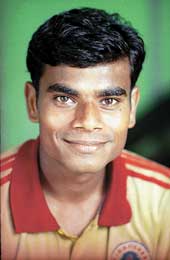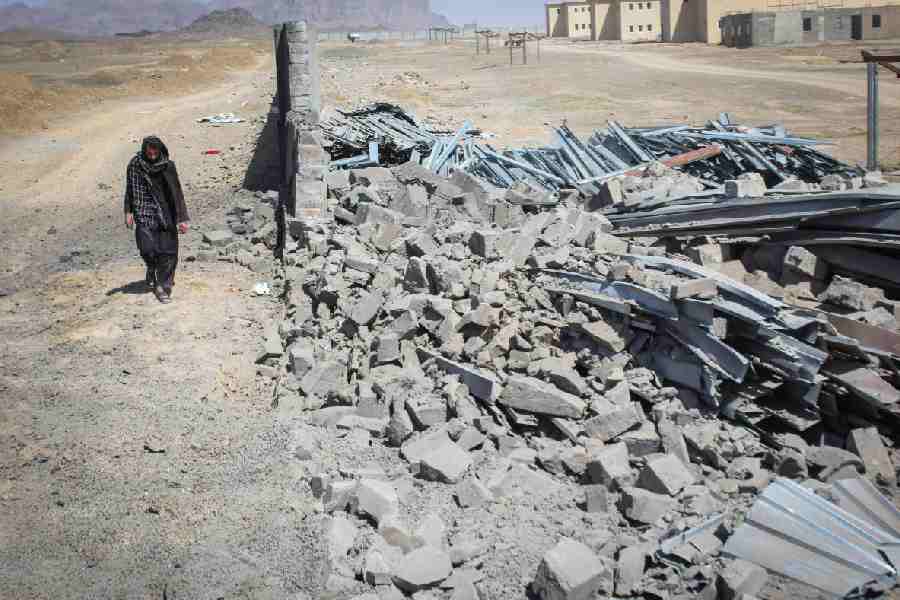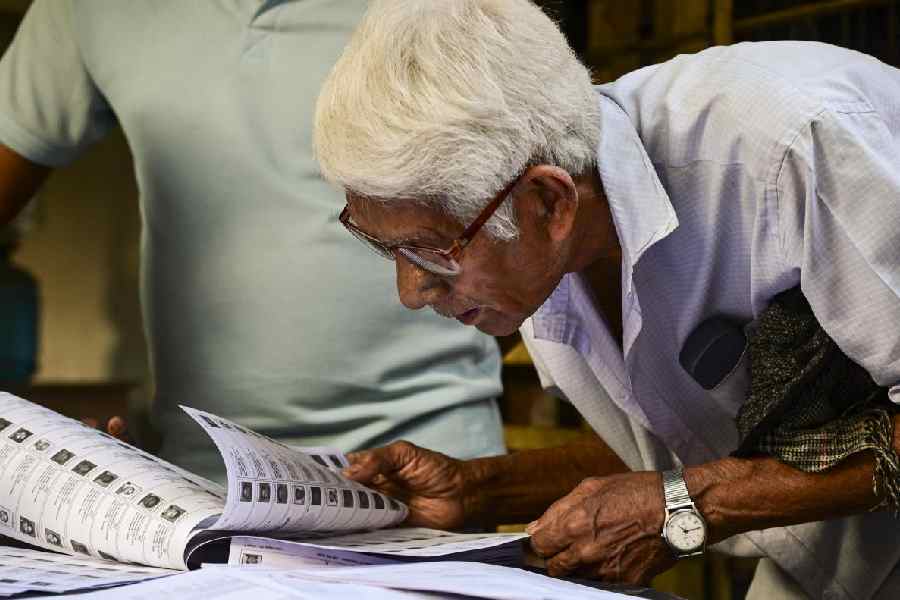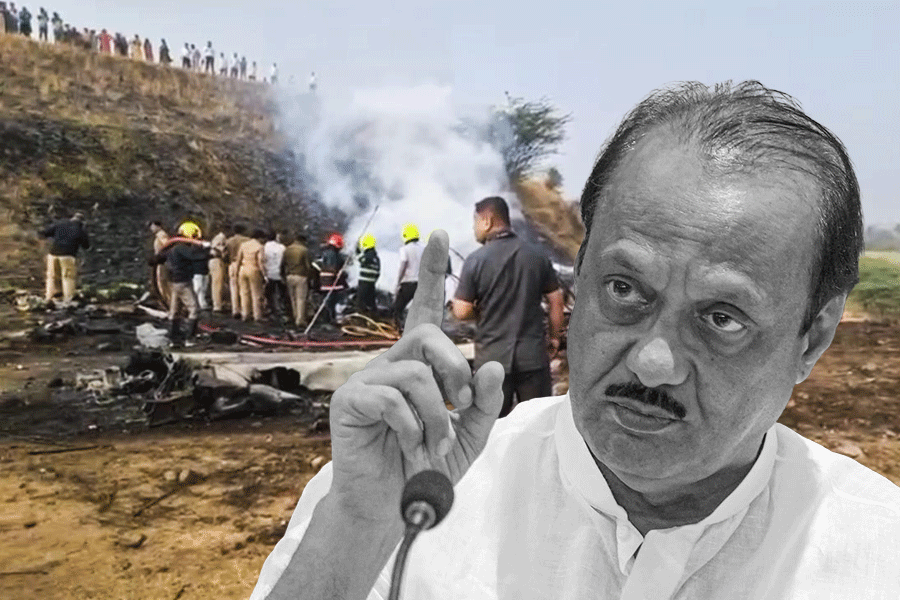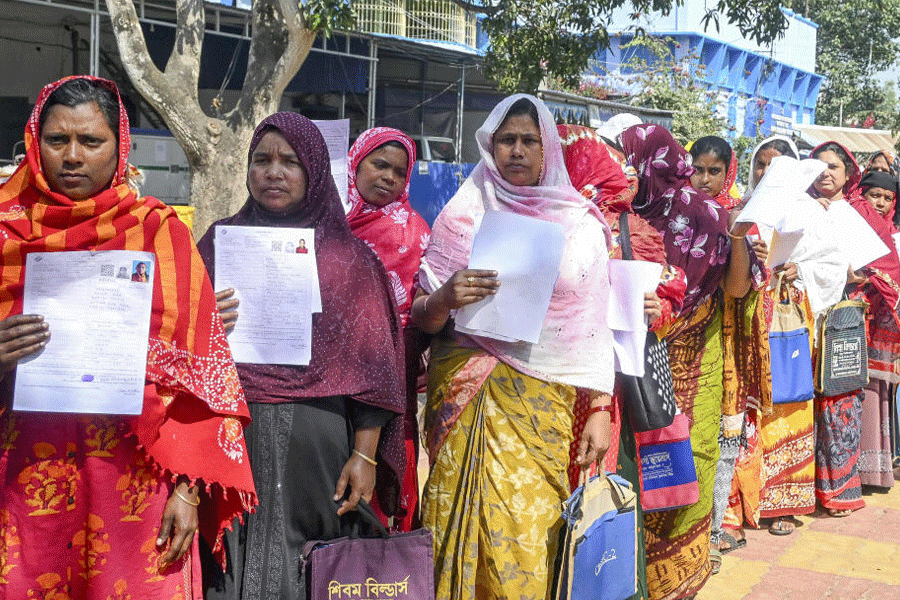 |
 |
| Dipak Mondal and M. Suresh are victims of an increasingly hectic domestic calendar |
Sitting back and taking stock of how Indian football shaped up in 2003, one can’t help but observe that amid bright streaks, the story once again is of little progress overall. We have not moved up the Fifa table even after playing in two competitions offering us the chance to collect ranking points, and our performance justified our slip down the list.
We will assess our performance in three spheres — club-level, international senior and international junior events. The second one is unquestionably the main consideration and even though doing well in the other two can provide encouragement, failure at the senior level can’t enhance our reputation as a football force. In 2003, this has exactly been our story.
We lost pride by going down to Pakistan and Bangladesh in the SAFF Cup in January and failed to cross the first round in the Asian Cup qualifiers and in the pre-Olympic competition. A lot is being made of our second-place finish in the Afro-Asian Games, but it was anything but a big leap towards respectability. Not that the AIFF didn’t try, but a lot still remains to be done.
Probably for the first time in recent memory, two Indian clubs — East Bengal and Mahindra United — did the country proud by winning titles on foreign soil. You can question the standard of competition there, but success overseas is always commendable. These triumphs should have done a lot of good to the players’ confidence since many of them don the national colours. Also, these victories helped the clubs get sponsors.
Close on the heels of these victories, the Indian junior team created a flutter by excelling in some competitions in Europe. It must have been a big boost, but the juniors failed to make the final of an event hosted by Jamshedpur.
This failure may prompt the sceptics to raise a question over the quality or age-group of opponents the same boys beat in Europe. But credit must go to the AIFF for sending these boys to an exposure trip and to the Tatas for organising that tournament. There is nothing wrong with losing as long as you learn from them and I hope these boys will be richer for their experiences.
The real disappointment has come from the big boys under Stephen Constantine. I have seen the coach putting in a lot of effort and hard work. Even the AIFF did its best, but still a defeat against Uzbekistan’s under-20 side in the Afro-Asian Games final was all we could achieve in 2003 — that, too, on home soil. It’s imperative to identify and sort out the problems.
Following the influx of money in our club football, it has become difficult to involve players in long camps for the national team. This dispute has come out in the open, with the clubs clearly showing their disapproval.
They have a point too. It has thus become necessary to find a way out. Reducing the number of matches in local leagues (especially in Bengal), identifying a set of national-team probables and putting a sealing on the maximum number of matches they can play in a year can be tried out. The AIFF and the state bodies must start paying attention to this.
With the domestic calendar getting increasingly hectic, many of our players are getting injured and are being forced to stay out when India or their clubs need them. Dipak Mondal, M. Suresh and Bhaichung Bhutia are just a few names in the long list of players who could not make themselves available for crunch matches for the national and club teams. This is why the role of sports medicine has become so important. It’s time the AIFF started thinking about this.
Some encouraging signs, submerged in failure on the bigger stage, is all we can show for our efforts in 2003. It will be good if the points made here are pondered over. This time, we have shown the effort and will to do well. Now, we need to follow mainstream methods and more exposure. It’s not impossible.

